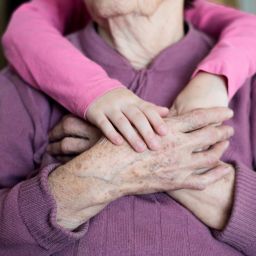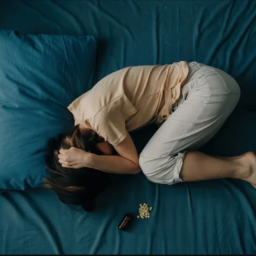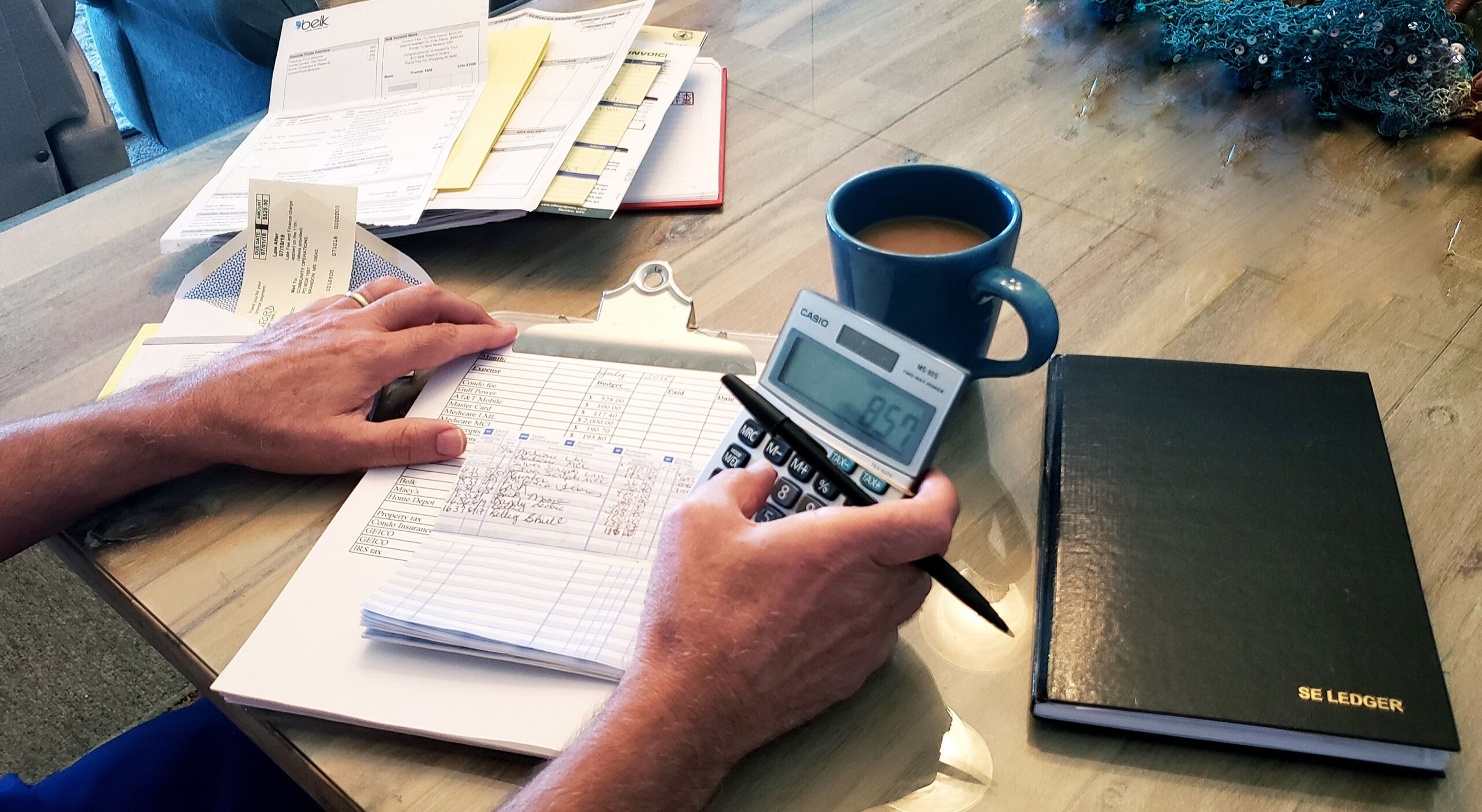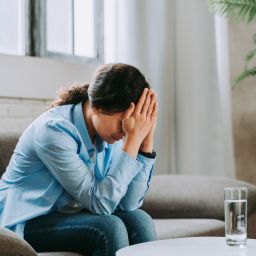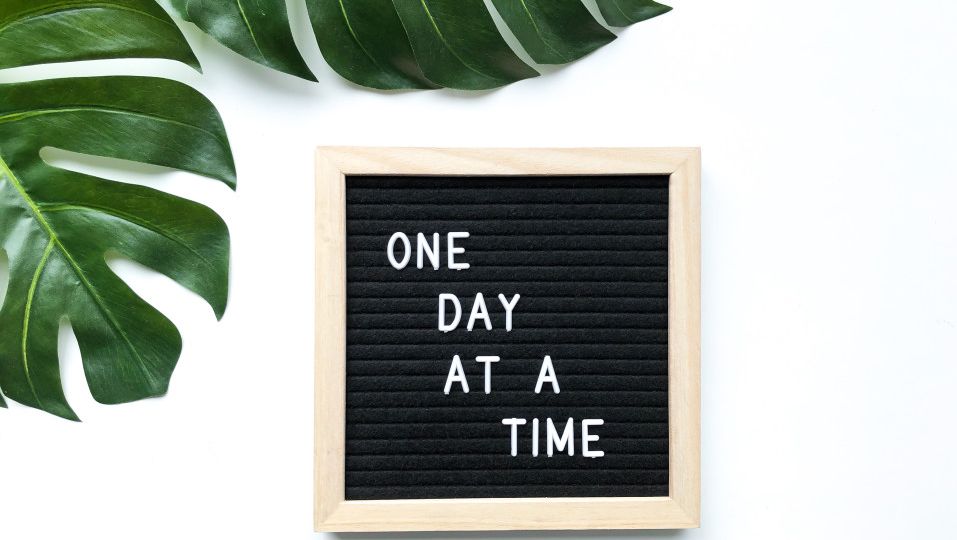
Many Abuse Survivors struggle to regain control of their mind, spirit, and physical body. Coping can be extremely difficult, and many individuals develop unhealthy coping mechanisms to make themselves feel whole and in control. To regain autonomy, there are ways to cope that are healthy, grounding, and can help further the healing journey. Here are a few good places to start:
Journaling
Writing down thoughts, emotions, and even physical and intellectual feelings can be very beneficial in healing from many different types of abuse. A great journaling technique is to write a quick sentence or two about how your mind, body, brain, and spirit feel each day. Journaling has been proven to reduce tension and restore focus in our daily lives and relieve mental and physical symptoms of PTSD (Tull, 2020).
A journal entry can be as simple as, “My body is a little sore, but I felt intellectually awake and aware by reading a few chapters of a new book.” Connecting the brain to the body and spirit can help Survivors tap into every aspect of their being to feel grounded and connected. Another wonderful journaling technique is Compassionate Self-Forgiveness. Simply start with, “I forgive myself for buying into the idea that I ___.” The rest you fill in based on any feeling you have that may feel negative towards yourself. For example, “I forgive myself for buying into the idea that I am lacking or flawed or unworthy of compassion.” You can repeat this practice as much as you need, even throughout your day.
Using Creative Expressions
Release your creativity by painting, drawing, or creating something with your hands. Whether you make something based on your emotions or to get anger or frustration out onto paper by splattering paint onto a canvas, creativity can be very therapeutic for some individuals. Creative expression lets our mind focus on a task, something tangible that can be seen and touched, to ground ourselves and take our mind off of emotions that may be overwhelming (Kippert, 2019).
Surrounding Yourself with Support
Surround yourself with individuals who will be patient, understanding, and compassionate during your journey. This will provide you with a solid foundation of support, even during your hardest days. Sharing your story can take time, but having supportive friends, family, and loved ones that can take your hand during this journey can help lead to a healthier coping strategy in the long run (Bothra, 2020). Every day is a new chance to be your strong and courageous self, and having a supportive team to cheer you on can make all the difference when you need extra care.
Moving and Energizing
Moving your body through running, yoga, a new fitness routine, or a walk with a friend can move any stagnant or stuck energy throughout your body and release endorphins and serotonin. This will help you not only feel physically strong and motivated, but it will also remind you how incredible you are as a whole.
Controlling your breath during any yoga practice or workout can lead to harnessing any fluctuating thoughts and emotions. When you feel your mind wandering, gently redirect your attention to your breath. Tell yourself that you can address any concerns later. At that moment, just focus on the air flowing in and out of you. Then, once you feel centered, you can go back to that thought or emotion.
No matter what type of coping mechanism you choose to begin or continue your healing journey, find one that resonates with you and create a strategy. Sticking to a routine and finding new ways to cope can lead to an immense amount of healing after any form of abuse.
We at ARO are here to support you in your personal healing journey to complete wellbeing. We bring awareness and education to eleven different types of abuse — Sexual, Spousal, Physical, Psychological, Narcissistic, Financial, Self, Child, Bullying, Cyberbullying, and Workplace Abuse — and help others heal and find peace. If you would like to learn more and donate to help others find refuge, visit GoARO.org.
References
Bothra, S. (2020, September 9). Abusive Relationships: Coping Strategies. Thrive Global. https://thriveglobal.com/stories/abusive-relationships-coping-strategies/
Kippert, A. (2019, October 14). Healthy vs. Unhealthy Coping Strategies. Domestic Shelters. https://www.domesticshelters.org/articles/after-abuse/healthy-vs-unhealthy-coping-strategies
Tull, M. (2020, December 14). How Journaling Can Help With PTSD. Very Well Mind.https://www.verywellmind.com/how-to-use-journaling-to-cope-with-ptsd-2797594


